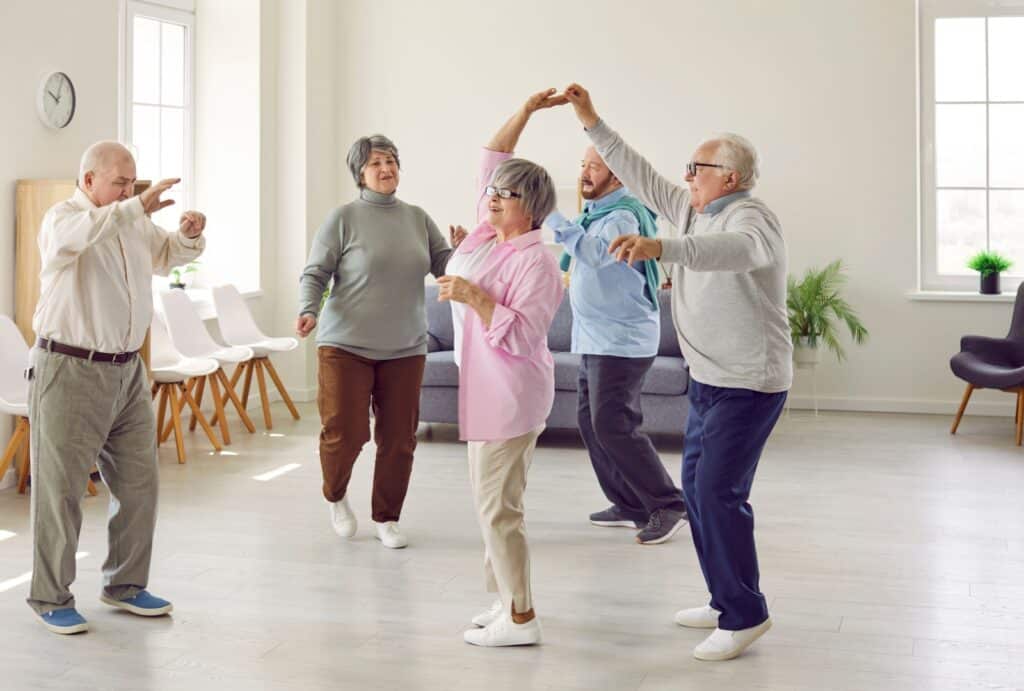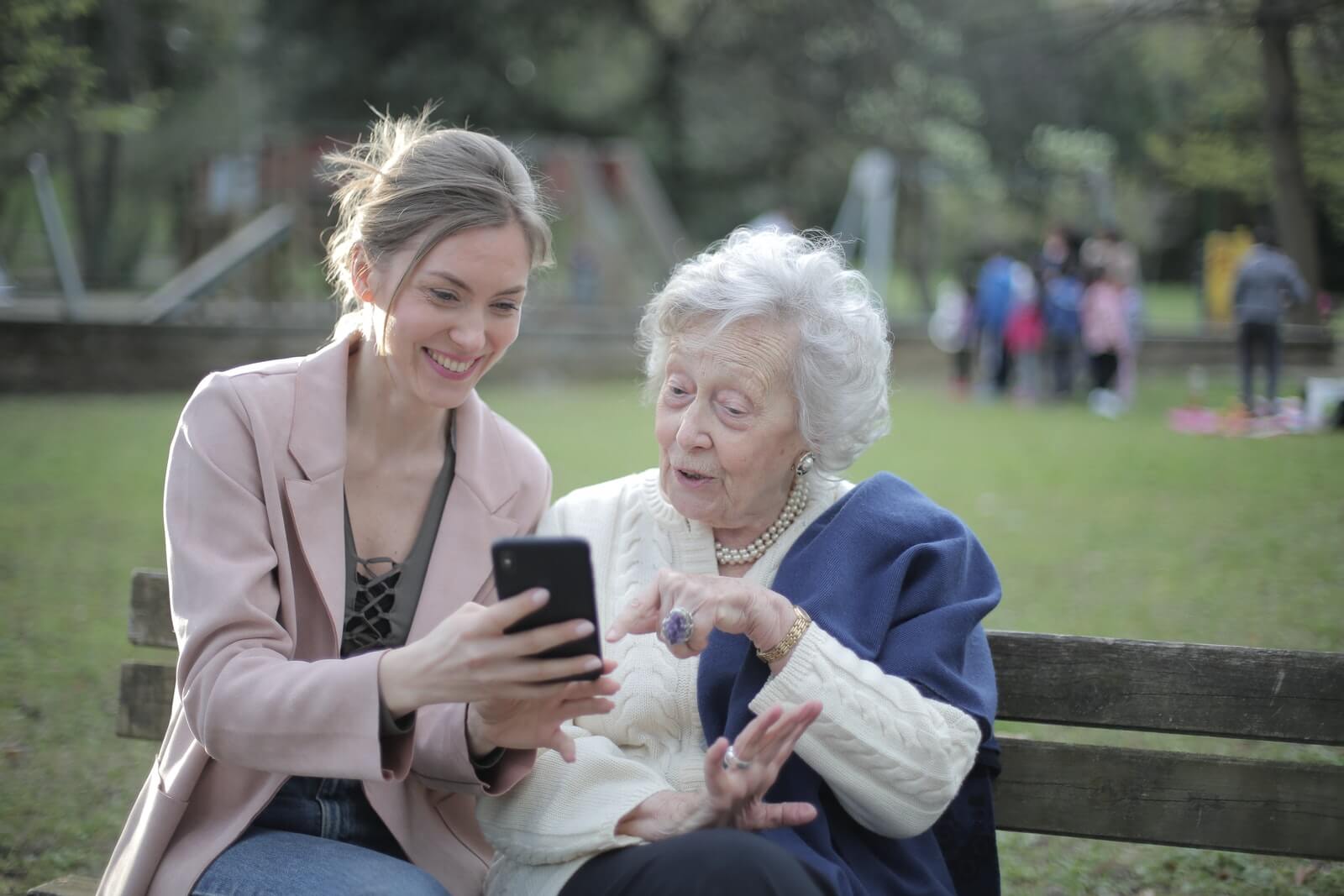What Are the Key Digital Marketing Strategies for Senior Living Facilities?
The senior living landscape has transformed dramatically in recent years.
Your potential residents and their families now turn to digital channels first when researching care options.
Are you meeting them where they search?
Here are the most effective digital marketing strategies for senior living communities:
SEO for Senior Care Facilities
Search engine optimization (SEO) forms the foundation of your digital marketing strategy.
When families search for “senior living near me” or “memory care in [your city],” you need to appear at the top of those results.
This requires both on-page and technical SEO expertise specific to the senior living industry.
Local SEO becomes particularly crucial as most senior living searches include location-based keywords.
Paid Search Marketing

While organic SEO builds long-term visibility, paid search campaigns deliver immediate visibility for high-intent searches.
Strategic PPC campaigns target specific senior living services, locations, and amenities with precision.
The key lies in targeting the right keywords with compelling ad copy that speaks directly to your ideal residents’ needs.
Content Marketing
Content marketing builds trust and educates families during their decision-making process.
Your blog, guides, and resources should address common questions and concerns:
- Financing options for senior living
- Signs it’s time to consider assisted living
- How to talk to parents about senior living
- Comparing different levels of care
- Day-in-the-life stories of current residents
Educational content positions your community as a helpful resource rather than just another option.
Email Marketing Campaigns
Email nurturing campaigns keep your community top-of-mind with prospects who aren’t ready to move immediately.
The senior living sales cycle often spans 12-18 months, making consistent communication essential.
Personalized email sequences based on specific interests (memory care, assisted, or independent living options, etc.) deliver relevant information at the right time.
Virtual Tours and Interactive Experiences for Prospective Residents and Families

Digital tours became essential during the pandemic and remain a crucial first step in the decision journey.
Professional virtual tours allow families to explore your community from anywhere, at any time.
Interactive maps, 360° room views, and video testimonials create an immersive experience that encourages in-person visits.
Social Media Marketing
Social media builds community and showcases daily life at your senior living facility.
Facebook remains the most effective platform for reaching both seniors and their families.
Share resident activities, staff spotlights, and celebration moments that demonstrate your community’s culture and values.
Paid social media advertising allows for precise demographic and geographic targeting to reach decision-makers.
Reputation Management

A proactive reputation management strategy encourages positive reviews while addressing concerns promptly and professionally.
Your response to negative reviews speaks volumes about your community’s values and resident care philosophy.
Accessible Online Presence
Your senior living website must offer a seamless mobile experience with easy navigation, fast loading times, and prominent call-to-action buttons.
Forms should be simple to complete on smaller screens, with minimal typing required.
Partner with a Successful Senior Living Marketing Agency
Implementing these core digital marketing strategies creates a comprehensive approach that attracts qualified leads, nurtures relationships, and ultimately increases move-ins for your senior living community.
Ready to transform your digital marketing approach? Contact our team today to learn how our full-service digital marketing agency can help your senior living community stand out in a competitive market.

